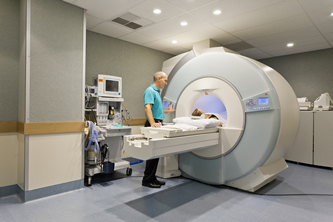International relations
Two information-sharing networks have been launched in Africa to help the monitoring, detection and response to diseases.
 African and international public health experts from governments, universities, and non-governmental organisations met in Addis Ababa at the end of March 2017 to coordinate prevention efforts and responses to disease threats in Africa through surveillance and laboratory networks.
African and international public health experts from governments, universities, and non-governmental organisations met in Addis Ababa at the end of March 2017 to coordinate prevention efforts and responses to disease threats in Africa through surveillance and laboratory networks.
Two new surveillance and laboratory networks will be established in all regions of Africa to accelerate the detection of outbreaks, enhance disease intelligence and prevention, and combat antimicrobial resistance.
Disease now under surveillance
The recently launched Africa Centres for Disease Control and Prevention (Africa CDC) is committed to strengthening Africa’s disease intelligence, outbreak response, and prevention capacity through surveillance and laboratory networks.
The Africa CDC also assists all African countries to improve surveillance, emergency response, and the prevention of infectious diseases. This includes addressing outbreaks, man-made and natural disasters, and public health events of regional and international concern. It further seeks to build capacity to reduce the disease burden on the continent.
Regional integrated surveillance and laboratory networks
Africa CDC and partners also established the Regional Integrated Surveillance and Laboratory Networks (Africa CDC RISLNET).
These surveillance and laboratory networks will be established by Africa CDC’s five Regional Collaborating Centres (RCCs) in Egypt, Gabon, Kenya, Nigeria and Zambia. They will collaborate with all available public health assets in their region, including universities, national public health institutes, private laboratories, centres of excellence, non-governmental organisations, and veterinary networks.
“This is the new spirit of practicing public health in Africa. We will be partnering effectively, collaborating closely, and using efficiently all public health assets in each region of Africa to improve detection and response,” said Dr. John Nkengasong, Director of the Africa CDC.
Africa CDC RISLNET will serve as the platform to implement Africa CDC’s five-year strategic plan, which its governing board endorsed recently. Between 2017 and 2018, Africa CDC will support countries and regions to map existing surveillance and laboratory networks, including private laboratories.
Africa CDC is also committed to combating resistance to antibiotics, which is estimated will be the cause of about 4 million deaths a year in Africa by
2050.



 Facebook
Facebook Twitter
Twitter WhatsApp
WhatsApp